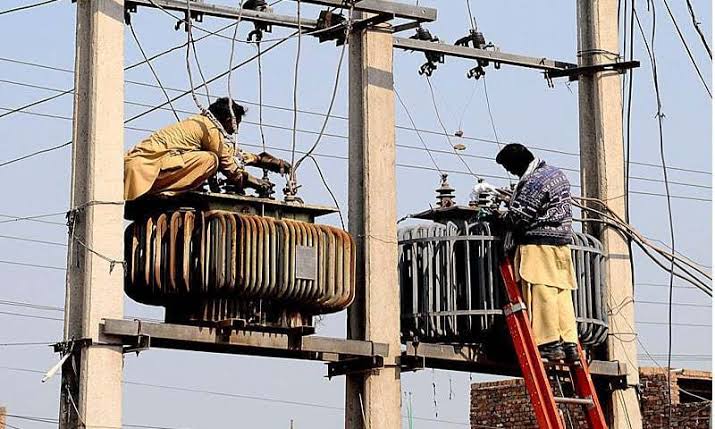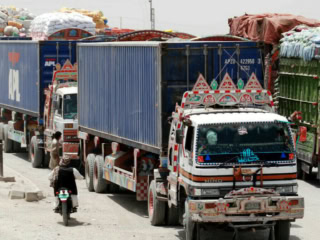Pakistan Has Started A Major Crackdown Against Electricity Theft

Pakistan has recently unveiled an ambitious plan to combat electricity theft and enhance revenue recovery, ultimately aiming to provide relief to the general public. Minister for Power and Energy, Muhammad Ali, presented this multifaceted strategy during a news conference, alongside Caretaker Minister for Information and Broadcasting, Murtaza Solangi.
The gravity of the issue became evident as Muhammad Ali revealed that Pakistan’s ten distribution companies collectively suffer a staggering loss of 589 billion rupees, primarily due to the rampant theft of electricity and nonpayment of bills. To confront this pressing challenge, the government has devised a comprehensive three-pronged approach:
1. Technological Interventions:
In regions where electricity theft ranges from 15 to 30 percent, the government plans to implement technology-based solutions to clamp down on illegal power consumption.
2. Private Sector Engagement:
For areas where electricity theft exceeds 30 to 60 percent, the private sector will be brought in to manage power distribution, with the aim of enhancing efficiency and accountability in the system.
3. Enforcement Measures:
In regions where power theft surpasses 60 percent, stringent enforcement actions will be initiated to combat widespread theft and encourage prompt bill payments.
Minister Muhammad Ali underscored the urgency of reforming the energy sector, which includes a comprehensive review of the performance of power distribution companies’ Board of Directors. Additionally, changes in management are on the horizon, with officials implicated in electricity theft set to be reshuffled, as finalized lists have already been dispatched to the Election Commission of Pakistan for implementation.
To ensure transparency and monitor the performance of distribution companies, the government is collaborating with the provinces to establish provincial-level Task Forces. Furthermore, a draft law known as the Electricity Theft Control Act is in development to provide a legal framework for addressing electricity theft.
In response to inquiries, Minister Ali stated that the government is exploring various options, including privatization and decentralizing power sector responsibilities to the provinces, as potential measures to enhance performance. The matter of providing free units of electricity to WAPDA (Water and Power Development Authority) officials is also under review, with directives from the Prime Minister.
Highlighting the gravity of the crackdown, Ali mentioned that lists of distribution companies involved in power theft have been compiled with input from the respective Chief Executives.
Minister for Information and Broadcasting, Murtaza Solangi, further assured the public that none of the interim setup ministers are receiving free electricity, dispelling any notions of preferential treatment. He emphasized the interim government’s commitment to upholding constitutional norms and pledged not to take any extra-constitutional actions.
This robust initiative to combat electricity theft reflects the government’s determination to address the root causes of financial losses in the power sector. It also underscores their commitment to ensuring a fair and equitable distribution of electricity across Pakistan, ultimately benefiting the citizens. This multifaceted approach represents a significant step towards a more efficient and accountable energy sector in the country.
The government’s resolute stance on tackling electricity theft is not just a financial imperative but also a crucial step towards ensuring a reliable and sustainable power supply for the people of Pakistan. By introducing technological solutions, engaging the private sector, and implementing enforcement measures, the government is not only aiming to recover significant revenues but also striving to create a fairer and more transparent electricity distribution system. This multifaceted approach, coupled with the commitment to adhere to constitutional norms and accountability, signifies a concerted effort to usher in positive change in Pakistan’s energy sector, ultimately benefiting both the economy and the everyday lives of its citizens.
Muneeb is a full-time News/Tech writer at TechJuice.pk. He is a passionate follower of the IT progression of Pakistan and the world and wants to educate the people of Pakistan about tech affairs. His favorite part about being a tech writer is tech reviews and giving an honest and clear verdict to his readers.
Contact Muneeb on his LinkedIn at: https://www.linkedin.com/in/muneeb-ur-rehman-b5ab45240/


 3 min read
3 min read
















